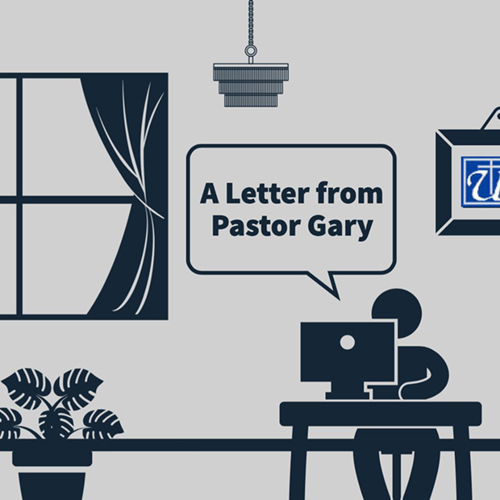
For whatever reason(s) God seems to connect me with often highly educated congregations. Perhaps God may get some kind of enjoyment watching me be intimidated. Me, who never learned how to do chemical equations in high school began my ministry serving as in intern in Los Alamos, New Mexico! Yes, that Los Alamos! The highest concentration of PhD’s in the world and most of those doctorates in one scientific field or another.
Having said this, I have thoroughly enjoyed these communities. I have learned a lot. Often students invite me to their defense of an honor thesis or a graduate thesis. As a result I can talk at length about the brain of the American bullfrog or a better way to test blood for diabetics. And just ask me someday what happens to a baked potato after it cools.
I have noticed a few things about such faith communities. One thing is the commitment level seems a bit stronger. I am not saying they have been more faithful; it is just that the faith community seems a larger part of life. I have also noticed that while many non- scientists frequently reject a belief in God “because of science”, I have found many very faithful scientists in my congregations. The chair of each major science department at Colorado State was a member of my congregation. In fact a recent study discovered scientists are more likely to be church members than professors of liberal arts subjects, many of whom, presumably, reject faith because of science.
However, one difficulty I have observed in such communities is that we tend to want to explain Christ instead of proclaim Christ. What do I mean here? I mean that we are not good at expressing what Christ has done for us and what our faith in this Christ means to us. We might mumble something about faith helping us put an emphasis on others and the needs of others, but we are not very good at saying how this might connect personally to how Christ touches and affects me.
Looking back I don’t ever remember any kind of class or forum on this in a congregation I served. Of course, as leader of these congregations that falls squarely on me. I did teach a class titled, “Word and Witness” from our own Fortress Press. In this class participants studied the Bible in depth and then had to share their faith with people whom they knew and with strangers. You can guess it was a small class. Yet our participants learned what those young white-shirted Mormon missionaries discover. Such sharing may or may not have an impact on others, but it has a great impact on the growth and faith of those who share their faith. It also never seemed to matter what color shirt they wore.
My point in this is not to encourage you to go out and knock on doors with your personal faith story. You probably wouldn’t find many at home anyway. My point is to encourage you to be more comfortable with your story of faith. Perhaps we don’t share our stories because we are unsure about them. Perhaps also the way to have a better comfort level with our faith story could be found in such sharing and a willingness to listen to the stories of others. People often want to know who we are. Can they know who we are without knowing something about our faith story?
I share this because I just received a lengthy email from a fairly recent graduate. You would know this very bright former student as they were quite active in our ministry. They are currently in a new relationship and this alum shared how the two of them are now engaged in this very exchange of faith stories. Our alum has such a story while their new dating partner does not but seems very willing to listen, to ask, and to respond. It seems in such sharing our alum has been able to identify and better understand better how faith in Christ fits into and helps to mold whom they are becoming.
You know that clichéd, “It is better to give than to receive?” With faith it just might be “In sharing we can receive.” Next time you find yourself explaining Christ, ask yourself if this might be a time that would be better to share your Christ.

